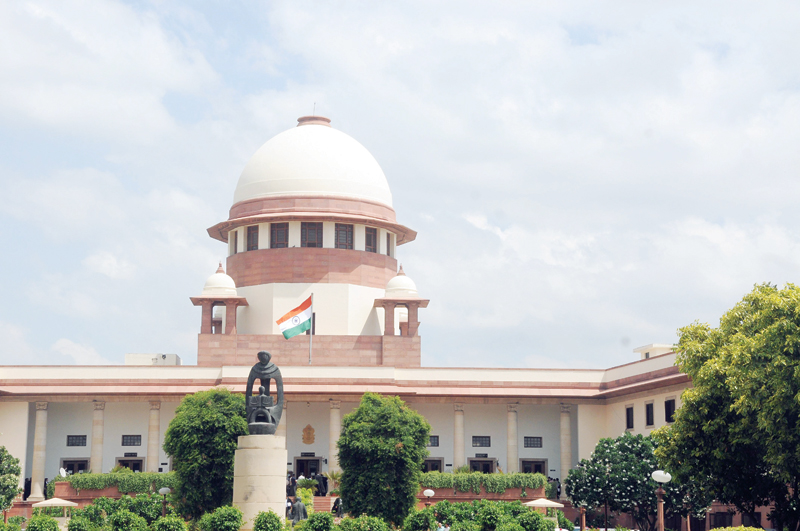

NEW DELHI: The Supreme Court on Monday said if a convicted person can’t contest election, then how can he lead a political party and select candidates to contest elections. “If a convicted person cannot contest an election, how can he be at the head of a political party and select candidates to contest elections” asked the bench of Chief Justice Dipak Misra, Justice A M Khanwilkar and Justice D Y Chandrachud, observing that this flies in the face of top court judgments calling for eliminating corruption.
Saying that what can’t be done directly, can’t be done indirectly, the top court asked the Central government to spell out its stand on the plea seeking that people who are barred from contesting election after their conviction in criminal cases, should also be debarred from forming a political party or being the office bearer of a political party for the period they are electorally disqualified.
Petitioner Ashwani Kumar is seeking that Section 29A of the Representation of People Act should be so read as to mean that the power to register and recognise a political party by the Election Commission also include power to de-register a political party.
The court, in the last hearing of the matter on December 1, 2017, had said that it will examine if the poll panel can take recourse to Section 29A of the act to deregister a political party if its office bearers have convicted politicians among them.
Responding to the issue being examined by the court, the Election Commission sought to empower itself to deregister a political party and be authorised to issue necessary order regulating registration and de-registration of political parties particularly in view of its constitutional mandate.
In its response, it told the court that Section 29A gives it the power to register a group or an association as a political party, and also vests in it the discretionary powers to grant or not to grant registration.
But once a political party is registered, then Section 29A does not expressly confer any power on the Election Commission to de-register a political party, the poll panel said in its response pointing out that there is “no explicit provision” in the electoral law for de-registration of political party.
Next hearing will take place in March. — IANS
Oman Observer is now on the WhatsApp channel. Click here



